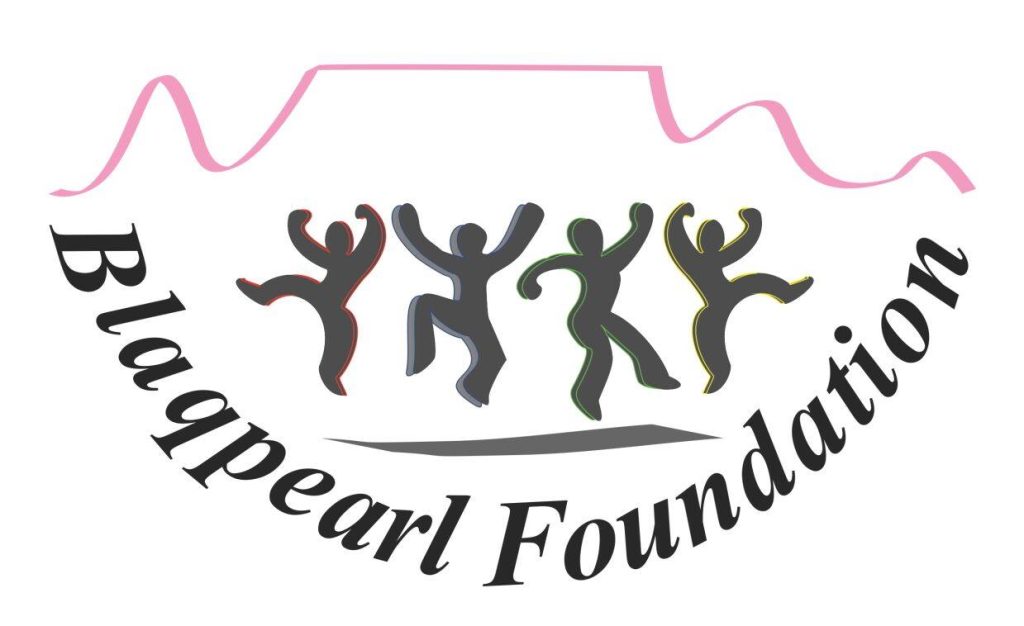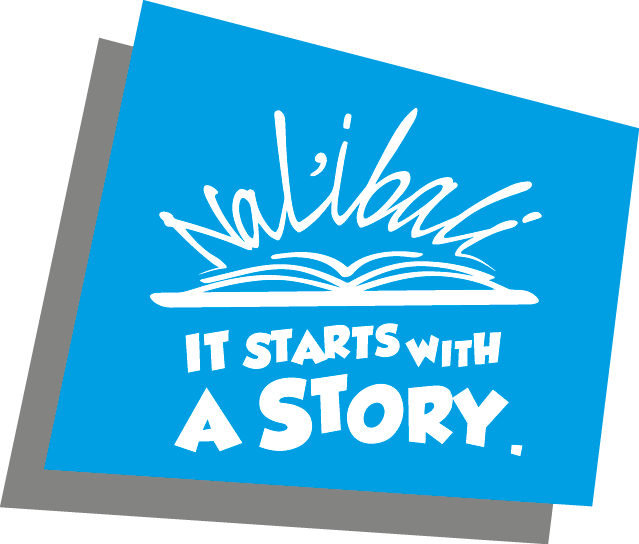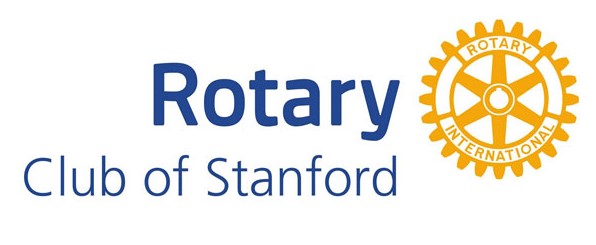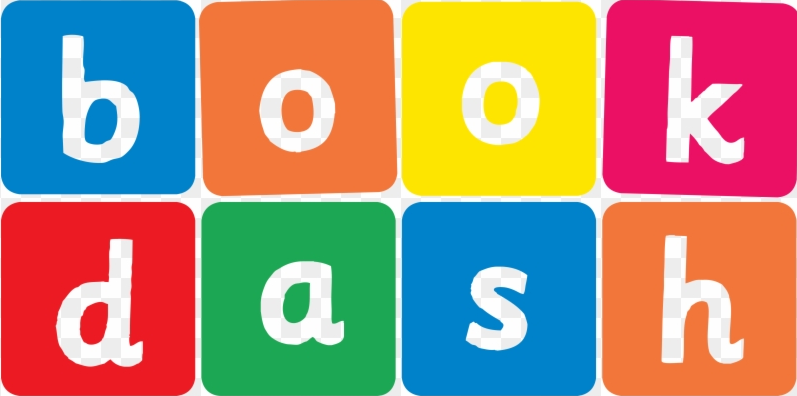Most of you will know that I have been writing and illustrating books for many years – my first picture book, The Little Girl Who lived Down the Road being published in 1978 makes it 35 years. During this time I have seen many changes in publishing – from photo separated reproduction to digital printing, and now ebooks.
I have experienced economic highs such as the 90’s when dedicated children’s bookshops sprung up to serve the needs of young parents who understood that reading was not only an entertainment but advanced their children’s ability to make the most of their school years.
These were the days when beautifully produced full colour picture books exploded onto the market done by Quentin Blake, Anthony Brown, Nicola Bayley, John Birmingham, The Ahlbergs, Shirley Hughes and many more. The States had their own stable of writers and illustrators of which Arnold Lobel, James Marshall, Sendak and Seus and were among my favourites.
One might regard this period as ‘golden’ in that picture books never looked better and there seemed no end to what was being published – which some might regard as the downside of publishing during a time plenty.
I’m lousy with dates but I do know that there were some economic troughs through which I worked with my agent Laura Cecil who, during a downturn, would assure me that the pendulum inevitably swings back to better times. One simply has to learn how to manage ones career around publishing highs and lows – which many of us illustrators do by teaching or picking up work where we can find it.
Which brings me to what we call the Current World Economic climate, and how us writers and illustrators of children’s books are faring. It’s safe to say, I think, that we are having a hard time. Even my dear agent has few words of comfort. Of course, we stand in line with many other people who face cuts in income, or worse, unemployment. But for now, I’d like to make us an exception – part of an ‘essential service’ – that is, providing children with good books, which I do believe is essential to the development of a curious and vital mind.
So I’m going to outline some of the factors that are having an impact on children’s books.
Firstly, gone are the days of publishing as a gentleman’s profession when there were publishing houses that were defined by their individual imprints and where editors had a personal vision for what they wanted to offer children AND were given the authority to make publishing decisions pretty much on their own. I’d say over the past 15 years most of the privately own houses have been swallowed up by conglomerates who in turn have become divisions within even larger monopolies. And whenever this has taken place, authors are reassured that the merger will bring greater benefits, sharpen direction, blah blah blah. In my opinion what it achieves can be seen in the catalogues they send out – books that have a generic look based on some bestselling prototype.
Clearly, the pressure is on to market books as you might market a supermarket consumable. And so, a strong cover has never been a more important selling point. Not only does the cover need to shout BUY ME! But so do the illustrations and story. The term ‘too quiet’ is now used for books that do not scream and therefore do not sell. I’d guess that the term was coined by the marketing and financial kids who are now calling the shots at acquisition meetings. So, an editor can love one’s new project and yet return it with news that the marketing people have given it a thumbs down.
I’m going to list some other factors that effects my work
A change in reading levels,
technology,
changing life styles
Reading levels have altered in as much as when I began my career, picture books were being marketed for 6-10 year olds. Slowly, there’s been a splintering of this group and the inclusion of ’books for babies’. Fortunately for me, in South Africa, where reading levels are less defined by age, a picture book like The Herd Boy can be enjoyed by a much wider age range than in countries with a more uniform education system.
Digital media provides children with a greater choice of entertainment and with it, how they prefer to read – from on-screen pop ups, Kindle, interactive games or book. I can’t imagine a world without the book as we know it, but I dare say there are children who can. It’s too early to tell exactly what impact ebooks will have on children’s publishing, other than publishers are taking the digital media seriously and some are poised to convert their printed material into digital for online marketing.
It would seem that most families lived rushed lives – children with school and after mural schedules that get them home late afternoon, mum and dads, who are likely these days to both work, arriving home in time just to flop in front of the TV to catch fictional characters acting out equally frantic lives or the news that simply adds to our worries and stress levels. In all the rush it takes a concerted effort to include in one’s day reading to one’s child. Indeed, I am always thrilled when I hear of parents who manage to fit a shared reading with their children into their day. Much of the rush is undoubtedly unavoidable, but I do think some of it is imagined – an attitude that makes me want to tell tired parents to throw off their shoes and lie down for 10 minutes with their child by their side, and a book in between. I speak from experience- it’s a lovely way of reconnecting with your child after a day’s rush. Not only that, it’s a wonderful way to reconnect with the your own inner child – the child that knows the secret of play and is the keeper of the keys to an imaginary world – a world that becomes more distant as one is forced to rush about, forgetting who you are – a human being, not a robot.
I want to end by addressing some negative myths that have been built up during this bleak time in publishing. One is that books are difficult to seel And the second is that today’s children are less interested in books than children of the past.
I have recently visited over 30 schools where I read my latest book The Herd Boy to halls filled with children – some of them containing 500 at a time. After the reading I signed books – many, many books – until my signature started to resemble an overcooked noodle. To me this debunked both myths.Books are not hard to sell and children love listening to stories and buying books.
Yet, publishers are cutting their lists, booksellers are replacing story books with novelty books and toys and writers and illustrators are feeling redundant. There’s a self perpetuating gloom that hangs over us about the future of books – formed, as I see it, by these two myths. We need to do something about it. And this is what I suggest:
• Editors need to reclaim their role as specially qualified people with a reliable instinct for what makes a good book.
• Marketing personal need to discover exciting ‘out of the box’ approaches for promoting books, such as organized national school visits and capitalizing on book fairs.
• Booksellers need to read children’s books and spread enthusiasm for what they enjoy around their store.
• And children book creators need to learn how to turn school visits into exciting events, backed by a team from your publishers who see a school visit as major sales opportunity and a sure way of promoting reading and a love of books.
Now, this is the part where a Salvation Army Brass Band would really drive home what I finally want to leave with you.
All of us in the book industry need to find joy in what we do, we need to get rid of the negativity that clouds our vision for a future in which childhood and children’s books are inseparable, and we need to put aside unfounded beliefs that sabotage our best offerings to children, which are our magical, exciting, celebrating, life changing books.
Niki Daly is one of South Africa’s best loved illustrator-writers and his books have been published in many languages and in many countries. His book The Herd Boy was published by Jacana in 2012.
Niki’s talk was given at the CBN Symposium in Franschhoek on 15th March 2013 to an audience of individuals and organizations working in reading. Niki Daly kicks off with words on the state of children’s publishing today.







